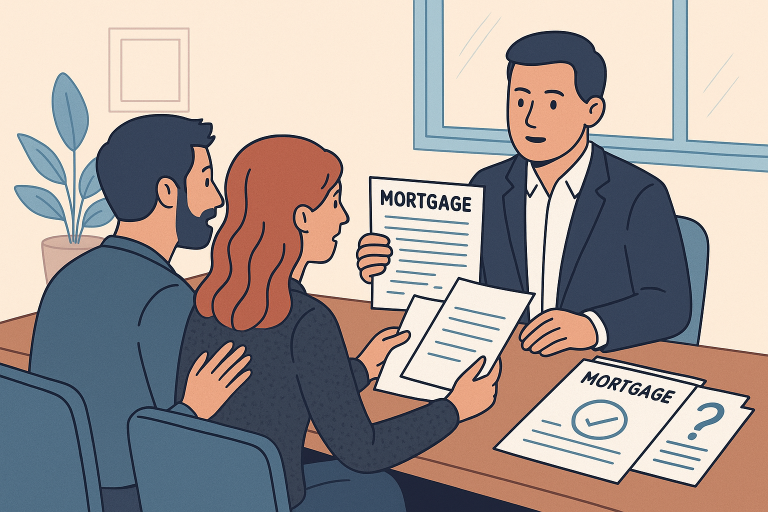Now is not the time to put the brakes on the home search! If you are pre-approved to purchase a property and are subsequently looking for homes, do not give up and start saving for closing costs. That is a losing proposition in this marketplace.
We are in the month of November, Thanksgiving is right around the corner followed by Christmas and New Year’s. During this time people typically stop house hunting.
Because of this, banks are willing to take bigger haircuts moving forward on stagnant inventory.
How long will it take you to save for closing costs?
If saving for closing costs will only take you 30 days, then go for it. Otherwise, if the act of putting money away and diligently saving every month is going to take a course of several months, reconsider.
Banks are almost giving money away in the form of closing costs. These money are typically upwards of 3% of the purchase price.
On a $250,000 house that figure is $7500.
If you have zero down payment or even up to 3.5% as a down payment, you are all set because the seller could pays the closing costs and you would be off the hook for needing more cash to close escrow on your new purchase.
This is why saving for closing costs doesn’t really make sense, because banks give concessions for closing.
If the mortgage loan you are taking out to purchase the property is a USDA mortgage. This mortgage loan allows up to 6% seller concession. So on that $250,000 house, you can get a total of $15,000 from the seller if you choose to, seller in agreement of course. If you can get the 3% from the seller for closing costs, you will need no money down because the loan offers 100% financing. This is an even bigger reason to stop worrying about paying for closing costs especially if the loan that you’re taking out requires no down payment.
Closing costs consist of all the following items:
- lender fees
- origination fees
- appraisal fees
- escrow fees
- notary fees
- title insurance fees
- deed fees
- recording fees
- prepaid interest
- prepaid taxes
- first installment of property taxes (depending on what month of the year the transaction is closing in)
These fees can easily accumulate to 3% of the purchase price.
However, closing costs can change because they are based upon the purchase price and subsequently the mortgage loan financing.
Here is a more general rule of thumb for estimating what closing costs will be:
1. Properties up to $150,000 need 4% for closing costs
2. Properties over $150,000-$250,000 need 3% for closing costs
3. Properties over $250,000-$350,000 also need 3% for closing costs, sometimes you can get away with 2.5% back for closing costs on properties closer to $350,000.
4. For properties over $350,000 you can start to use 2.5% as a general rule of thumb to calculate what closing costs will be.
Mortgage Tip: “The higher the purchase price the lower the seller credit needed for closing costs.”
For example if you are purchasing a $500,000 house it’s unlikely you are going to get a very big credit for closing costs. You will find generous seller credits more common in properties from ranging $200,000-$400,000.
Focus on saving for a down payment, not saving for closing costs.
Consider the mortgage loan program you are taking out because each mortgage loan program allows for seller concessions of varying closing costs. For example an FHA Insured Loan, allows for a seller concession of 6% for primary residence, while a second home conventional loan allows for seller concession of 3%.
Whatever your circumstances, now is a great time to line up your finances, and start the home search and own property by April 1, 2012.
For free mortgage interest rate quote with no or a low down payment visit this link. Let’s chat about why saving for closing costs is a losing proposition.
Share:
Posted in:
RELATED MORTGAGE ADVICE FROM SCOTT SHELDON
Why Lenders Request the Same Documents More Than Once
If you’ve ever applied for a mortgage, you’ve probably wondered why lenders sometimes ask for…
VA Loans and the Clear Pest Report Requirement: What Buyers Need to Know
If you’re a homebuyer using a VA loan to finance your property, there’s a unique…
How to Buy a Home Without a Job Using a Rental Property Loan Strategy
If you’ve got solid credit and a decent amount of cash on hand—but no W2…
View More from The Mortgage Files:
begin your mortgage journey with sonoma county mortgages
Let us make your mortgage experience easy. Trust our expertise to get you your best mortgage rate. Click below to start turning your home dreams into reality today!



